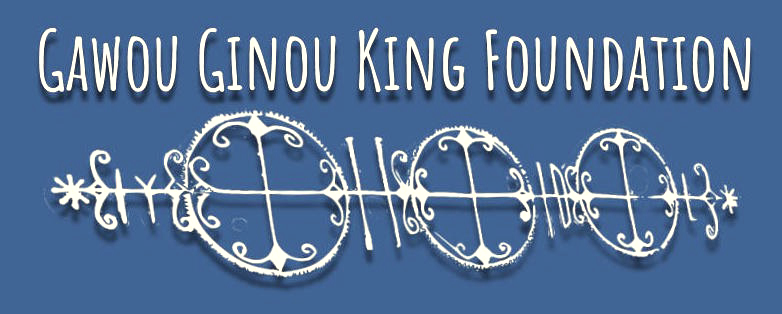The philosophical foundation that supports the Léocardie & Alexandre Kenscoff Cultural Center, the Gawou Ginou School and Holistic Center, is our concept of HUMANOCENTRISM, an all inclusive view, that puts the person at the center of the discourse. Grounded in the scholar activist tradition of Garvey, Dubois, Fanon, Rigoberta Menchu, Freire and others it summarizes the promise of applied ethnomusicology and research that endeavors to advocate on behalf of the people whose life and culture we study.
Convinced of the impact of education and culture (the arts, music and dance in particular) on sustainable development, they have decided to build an institution that will serve as a venue for community activities that favor social inclusion.
Haiti is an enigma among the nations of the world. The first independent Black nation since 1804, the second republic in the Americas, a vibrant culture stemming from the crossroads of Africa, Europe, and Native America, yet it is as well a severely challenged community. This is why the role of the arts in promoting socio-cultural inclusion seems paramount in this regard.
Located in Mirebalais, a small and pivotal town in the Central Plateau of Haiti, the C-CLAK and the GG School hope to stand as a model of sustainable development, as evidence in its efforts to focus on culture and education.
The constructions of the complex began in May 1997, and were finally completed some 20 years later in the summer of 2017. The independent course chosen by the founders accounts for the long delay, as they shouldered some 80% of the cost that were supplemented by contributions from progressive friends and family members, for after a futile search for funds, they became aware of the relationship between self-reliance and sustainability. Thus, the project is grounded in the works and philosophy of Marcus Garvey, W.E.B. Dubois, Frantz Fanon, Paulo Freire, as well as applied ethnomusicology as a concept that promotes public service and advocacy. Finally, that philosophical foundation is sustained by the concept of “Humanocentrism”, a term that the co-founder coined in 1989 (“The Chronicle of Higher Education”, July 13, 1993) to conciliate the positive dimensions of Afrocentrism and Eurocentrism, by putting the person at the center of the discourse.
Papi Toto (Dr. Gerdes Fleurant) with a student and parent from L'Ecole Gawou Ginou.
Mme. Florienne Santil with Gawou Ginou students dressed up for Kanaval.

-d3d94.w1900.jpg)